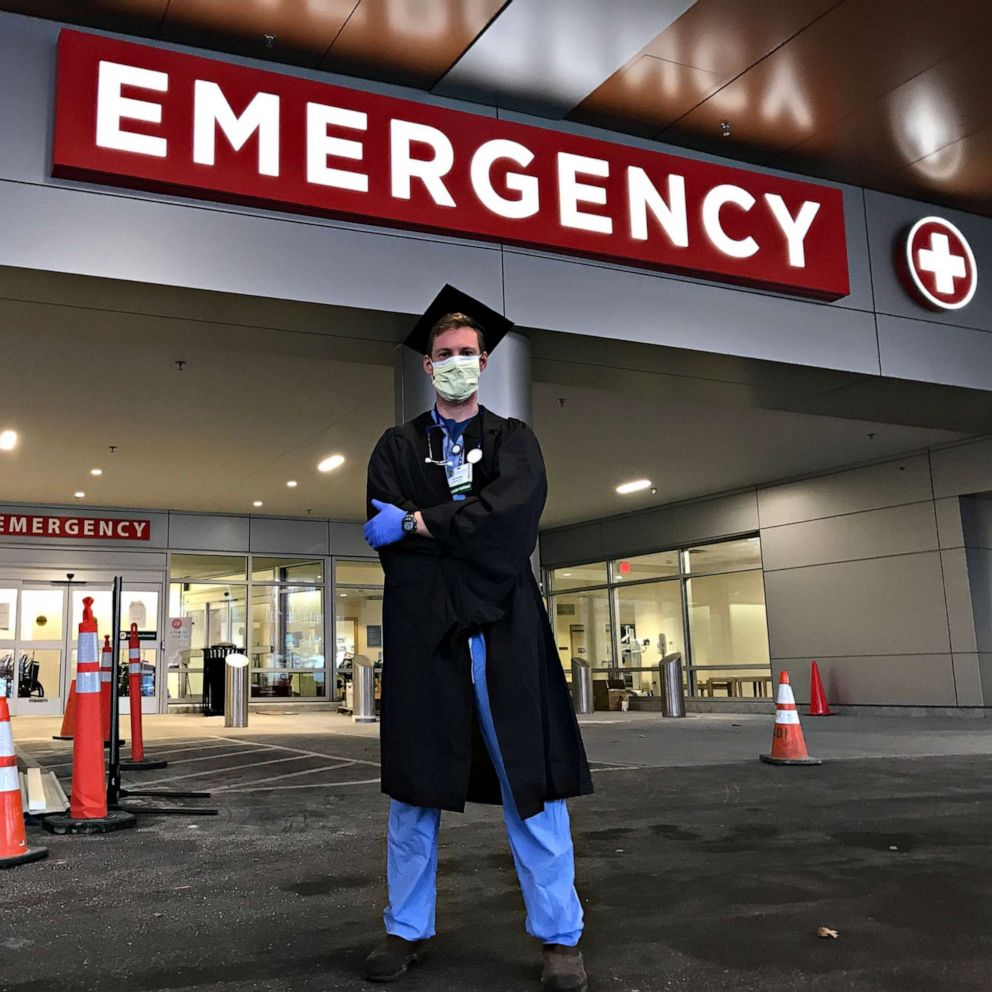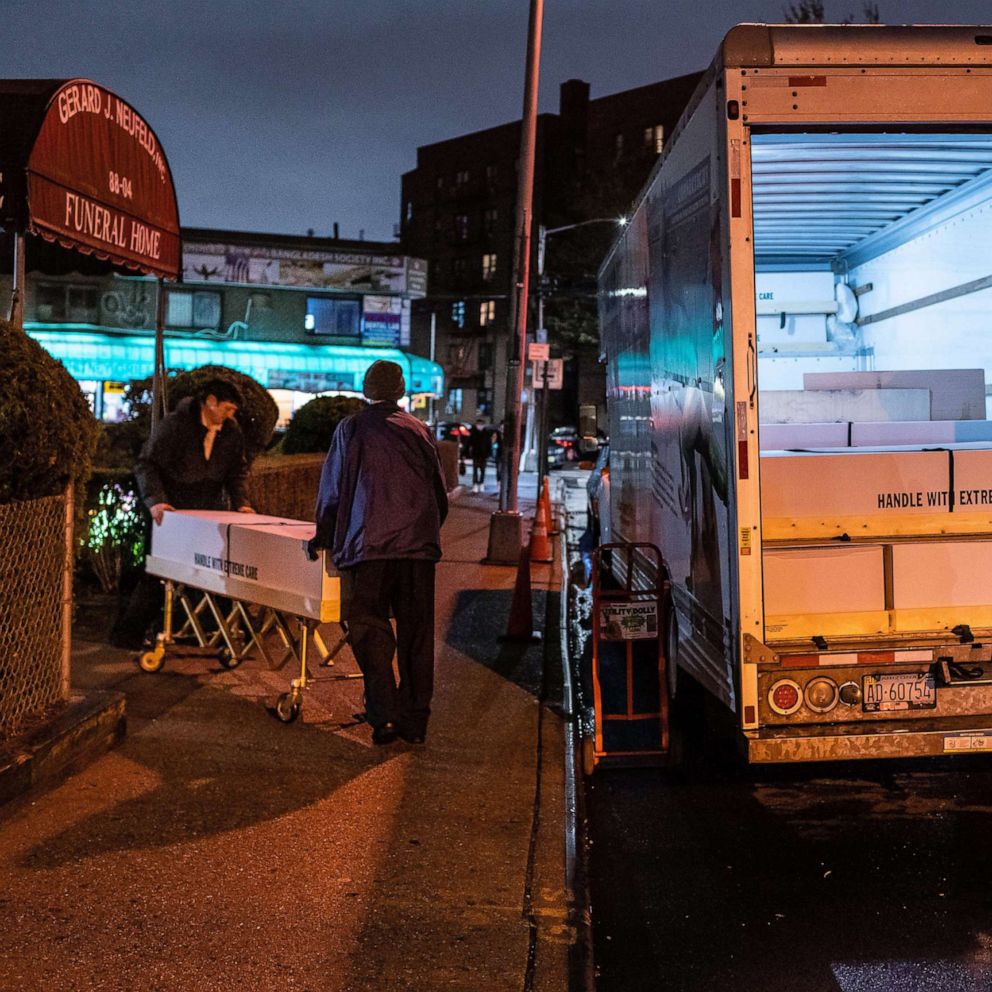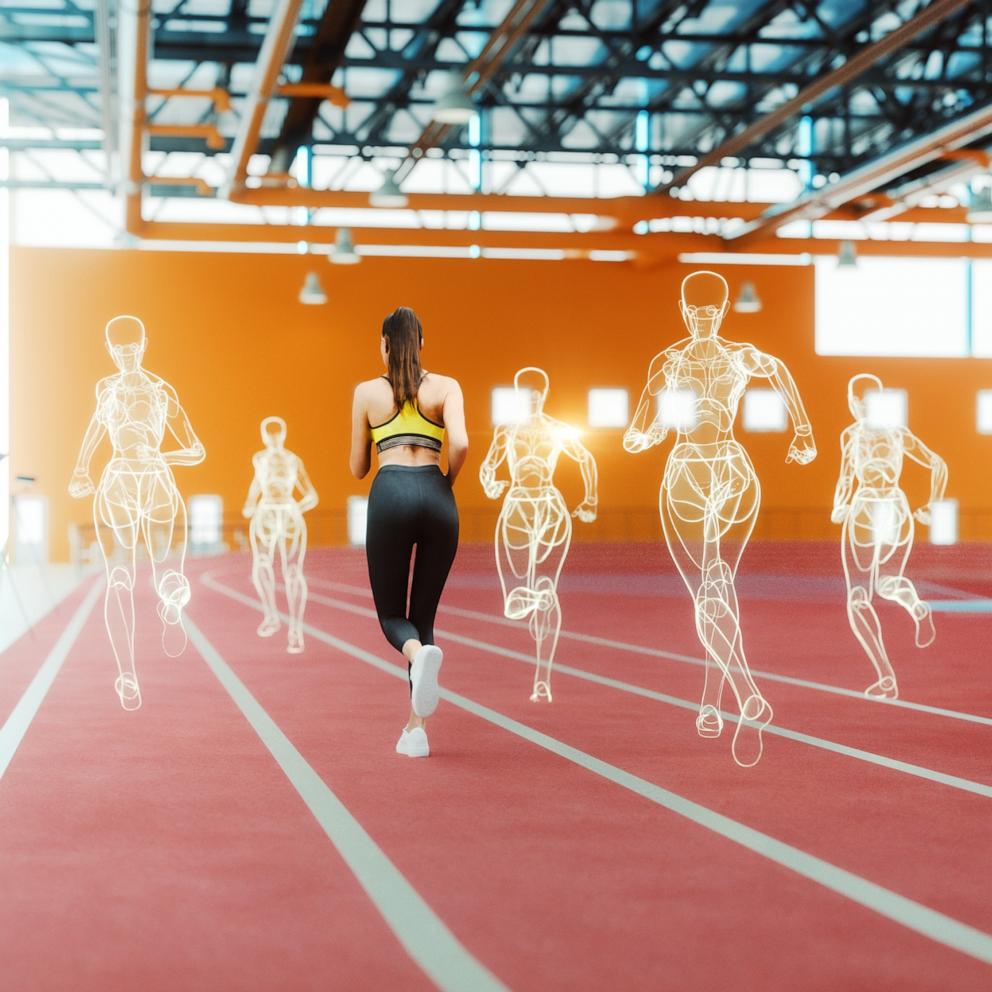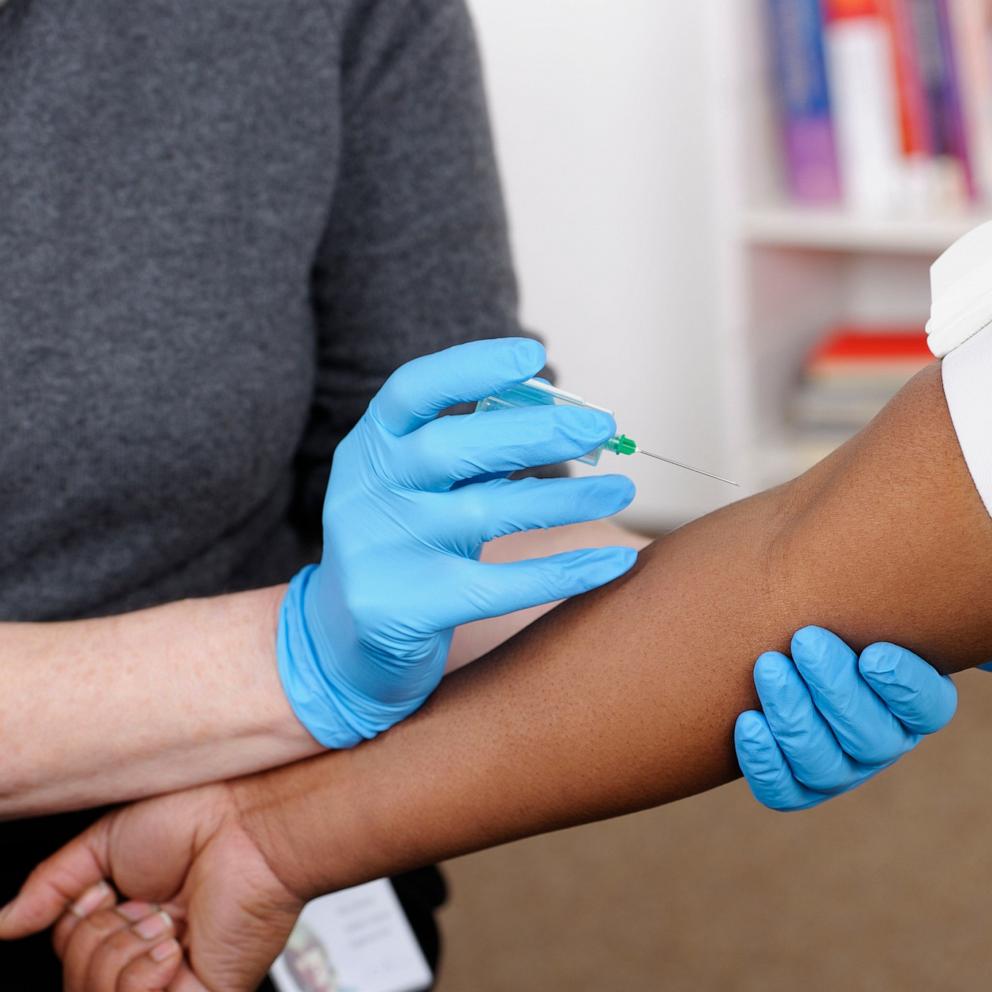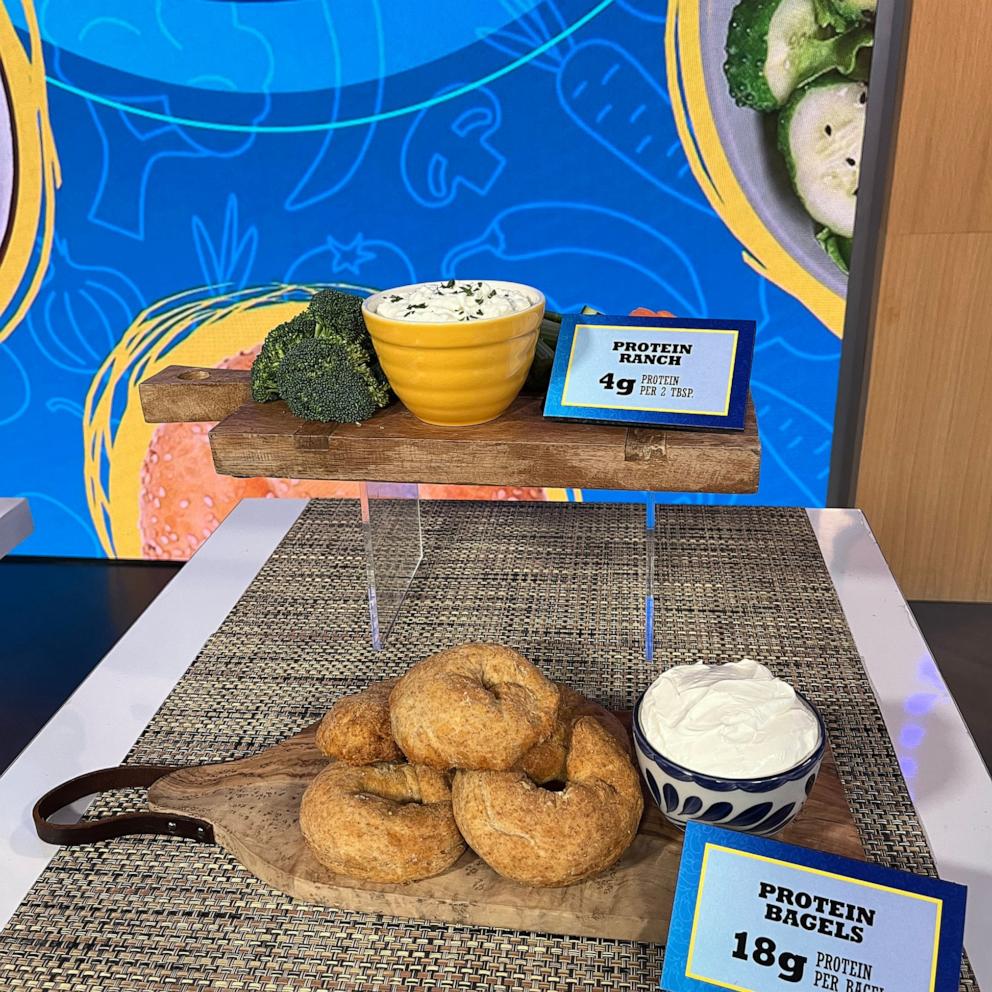You can donate your graduation gown to be used as PPE during coronavirus pandemic
Across the country, health care workers are in need of personal protective equipment (PPE) to protect them in the fight against COVID-19, the respiratory infection caused by the novel coronavirus.
And across the country, thousands of high school and college seniors will not be able to walk at graduation this year due to the coronavirus pandemic -- meaning thousands of graduation gowns will go unused.
Nathaniel "Than" Moore, an emergency medicine physician assistant in Vermont, has figured out a way to have one help the other. Moore, 30, founded Gowns4Good, a nonprofit organization that sends donated graduation gowns to health care workers to use as PPE.
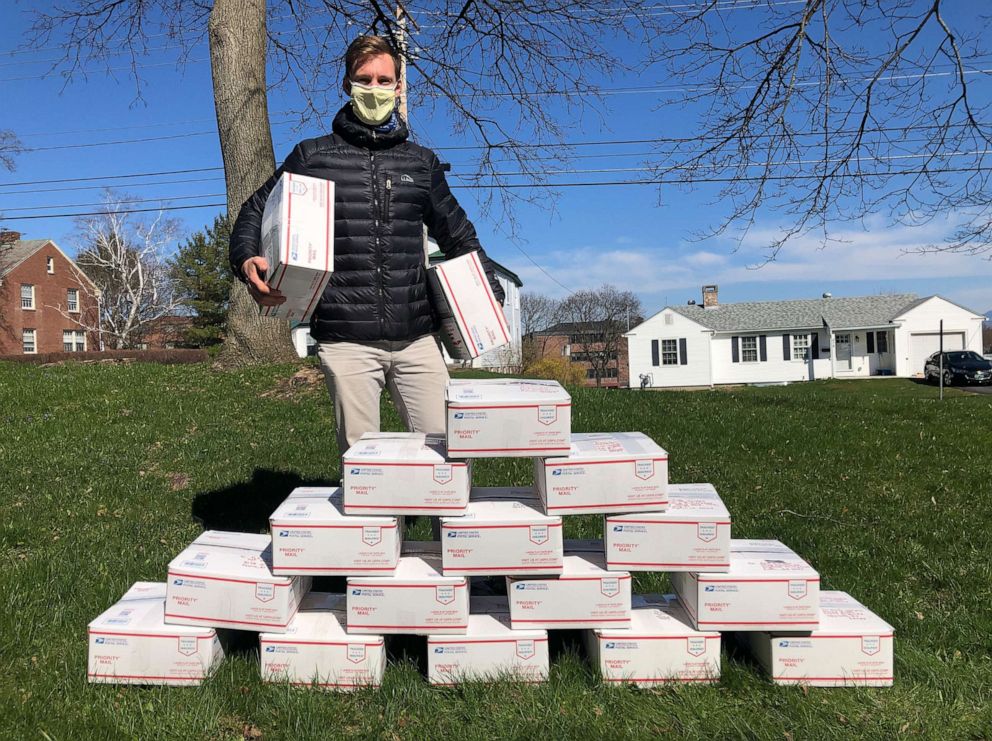
"In learning about colleagues that are on the front lines without personal protective equipment, I had been pulling for ideas and then finally this graduation gown idea came to me," Moore told "Good Morning America." "I thought, why don’t we try to honor our graduates who can’t use their gowns, upcycle them and reuse them in a manner that can protect and help our health care workers."
Moore, who is also enrolled in the sustainable innovation MBA program at the University of Vermont, started the initiative this month and is already getting thousands of requests for gowns per day.
One grateful recipient of graduation gowns from Moore's organization is Michele Anstett, the president of a Visiting Angels agency in Massachusetts that offers senior home care services.
"I’ve been spending most of my days trying to locate masks and gloves, gowns, face shields and hand sanitizer," Anstett told "GMA." "Gowns were like my last thing that I was really struggling to find a supply. Nothing was available."
Anstett said she was preparing to sew gowns herself for her more than two dozen employees when she found Gowns4Good's website and applied for gowns. The very next day, she started receiving donated gowns.
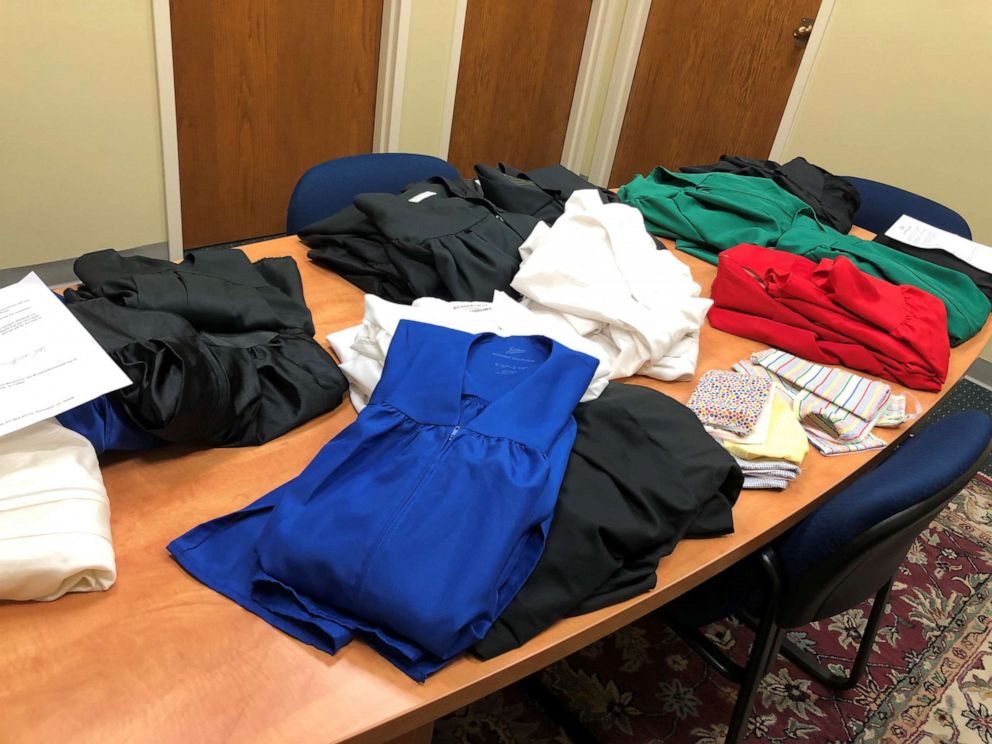
"I am so overwhelmed," said Anstett. "I can’t even express how thankful I am for these people and what they’re doing."
"These gowns are more than just a graduation gown. They’re a history. You look at them and you can see, they’re from all different time periods, different colors and lengths," she said. "They speak a story and these people were willing to donate them to our health care workers to keep them safe."
Moore said he worked closely with officials at his hospital and relied on his own experience as a health care worker to make sure graduation gowns were suitable to use as PPE. The U.S. Centers for Disease Control and Prevention (CDC) offers guidance on use of cloth and/or reusable PPE. The facilities using the donated graduation gowns comply with the CDC guidelines for their use.
"The beauty is they do not have to be adjusted in any fashion," Moore said of the gowns. "We compared them to other alternative forms that are being utilized, like trash bags, and the gown, if you wear it backwards, it makes for easy donning and doffing, which is the putting on and taking off of the gown in a protected fashion."
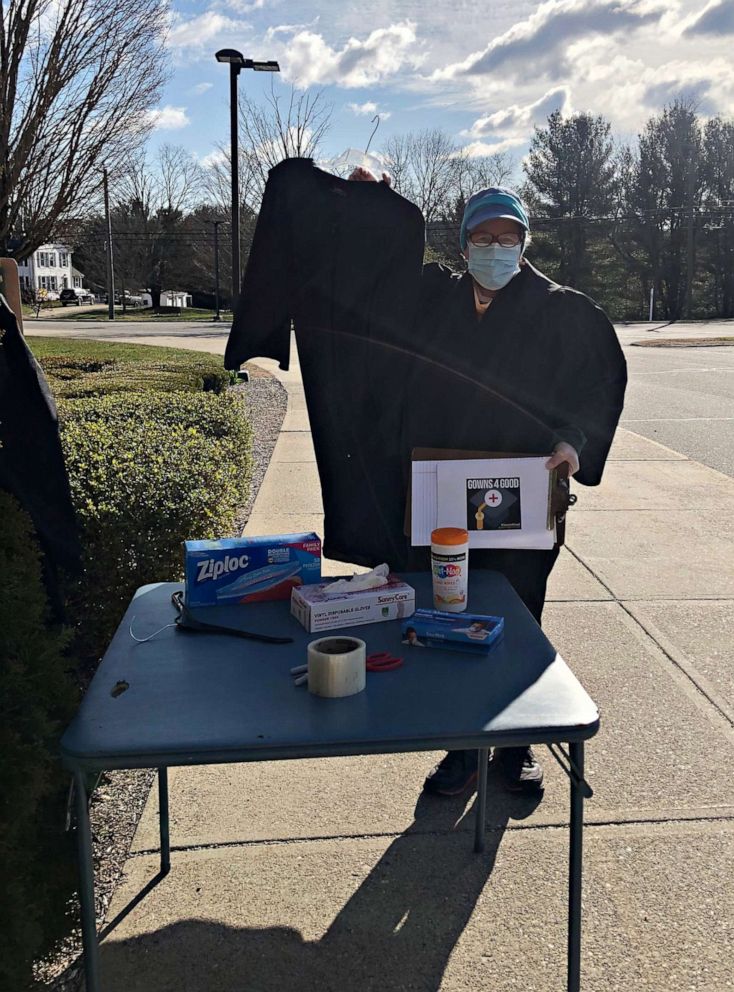
"And gowns have full-length sleeves and are obviously full-length down to the ground, and if you wear them backwards it gives you the high-rising collar line around the neck," he said.
People who want to donate graduation gowns can go on the Gowns4Good website and find a local health care center to which they can send gowns directly. Moore is also working with some corporations to provide larger donations of gowns to meet the need.
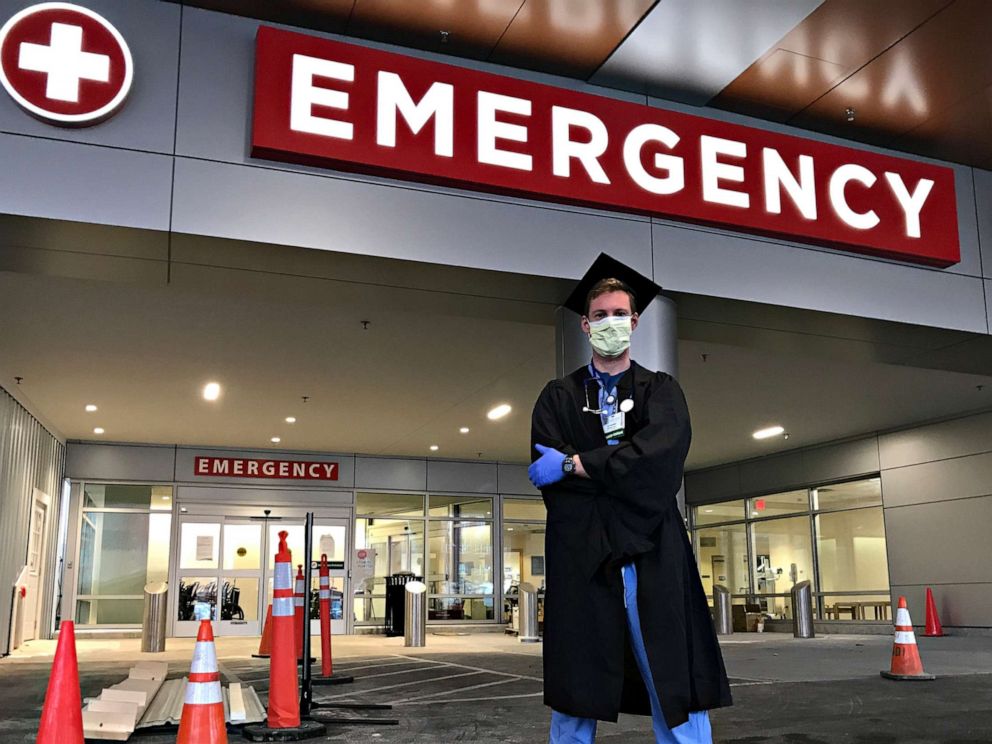
"When coronavirus first started months ago, there were a lot of guesses out there about the severity of the rate of the transmission," said Moore. "And now seeing the rate firsthand as a medical provider and treating these patients, and seeing the ventilators and the adverse outcomes, coupled with the lack of PPE that is available for my colleagues, it has all been instrumental in motivating me to make a difference."
What to know about coronavirus:
- How it started and how to protect yourself: coronavirus explained
- What to do if you have symptoms: coronavirus symptoms
- Tracking the spread in the US and Worldwide: coronavirus map
